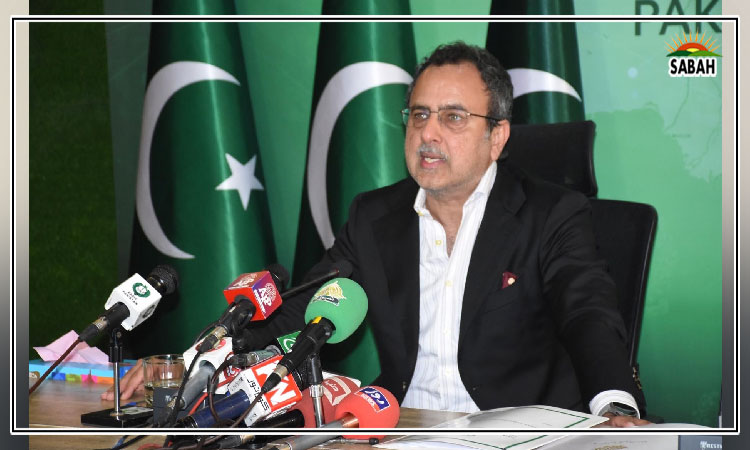Food wastage….Amin Valliani
PAKISTAN is an agricultural country with the capacity to produce enough food for its entire population and also earn valuable foreign exchange through exports. And yet, Pakistan has not been able to feed all its people. Every year, we experience food shortages, and our food-related import bill is continuously soaring.
The problem of food shortage can be solved substantially if we follow the major directions of the Holy Quran in letter and spirit. The Quran is emphatic about the use of food. It enjoins us to be careful in using resources of the earth. Food is one of the most important requirements for human survival; it fulfils our basic needs and therefore it must be consumed with a sense of gratitude to Allah (2:172). We need to be careful that not a single grain of food goes to waste, as Allah prohibits wastage of food. He says eat and drink but waste not by extravagance. Certainly, He likes not the extravagant (7:31).
Food waste is a global problem. It refers to food that is fit for human consumption but is discarded consciously or unconsciously. One-third of the food produced worldwide is thrown away uneaten or half-eaten, causing an increased burden on the environment. It is estimated that reducing food waste globally could help reduce hunger and poverty. It can also decrease household expenditure on food; thus freeing up resources for health, education and well-being.
The situation of Pakistan with regard to food waste is also very grim. Huge quantities of food are wasted in every household during handling, cooking, consumption etc. On the other hand, millions of people live below the poverty line and are food-insecure. Indeed, serving food to guests is part of our culture and is often used as a social instrument to initiate and strengthen interpersonal relationships. However, there are some people who eat little but waste much. Events where food wastage is very common include wedding receptions. Most reception dinners are lavish, held late night and by that time, the hungry guests rush towards the food tables, filling their plates to the brim, but in the end, nearly half of the food on their plates goes to waste.
Similarly, hotels, restaurants, roadside eateries and gatherings held in different corners of the country become conduits of food waste. If one walks along the streets of any major city of Pakistan, one will surely find none without a fast-food restaurant or dhaba. These outlets are easily accessible and appeal to young people, but in the end their dustbins are full of wasted food. People throw half-eaten burgers, pizzas, chapatis and other cooked items into the bin. Rats, cockroaches and other pestilent creatures looking for food scamper and scramble in and around garbage bins, which has a detrimental effect on human health.
Another area where waste is generated is Eidul Azha. It is observed that many Muslims who sacrifice animals on the occasion do not take care when throwing waste, which remains littered in the streets for days. They also throw away many edible meat pieces along with the waste, instead of using them.
The issue of food waste appears to be gaining the attention of those in the corridors of powers. For the last many years, policymakers have made ambitious plans to control food waste which look perfect on paper, but the situation, prima facie, remains unchanged. It requires education at a mass level to make people mindful and cautious regarding food usage.
Food is to be consumed with full sense of respect and gratitude to Allah or else, it would be ingratitude to Allah who is Razzaq, He Who provides food for His creatures. Besides, apart from having a negative impact on the economy, environment and food security, it is also unacceptable from the ethical point of view. Decomposing food waste produces methane a greenhouse gas that contributes to global warming. According to some research, using fruit and vegetable peel is also beneficial for human health while many of us throw them away, thus generating a lot of waste.
Education about the use of food, its consumption, its components and its interaction with the human body is essential. Food needs to be properly cleaned before cooking and properly chewed before swallowing. These basic points should be a part of our education system. Every food item contains nutritional value, which makes us healthy. However, if consumed without complying with health guidelines, it may turn detrimental. Therefore, the Holy Quran enjoins man to look at his food (80:24). This can mean that we need to monitor the ingredients and stay away from food that may be detrimental to health.
This understanding is not to make us expert dieticians, but to hone our basic awareness skills to ensure minimal food waste by respecting the food we eat.
Courtesy Dawn












